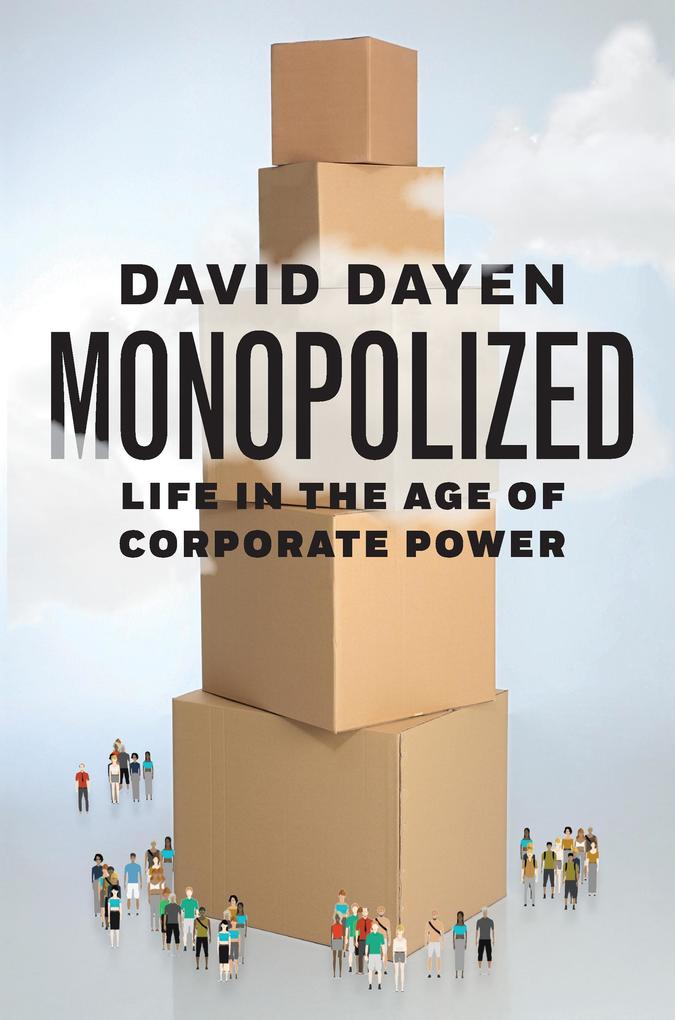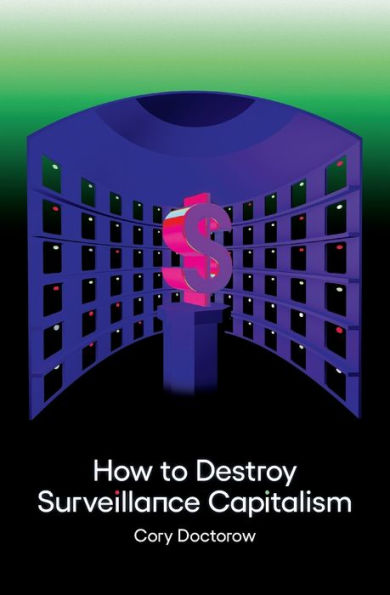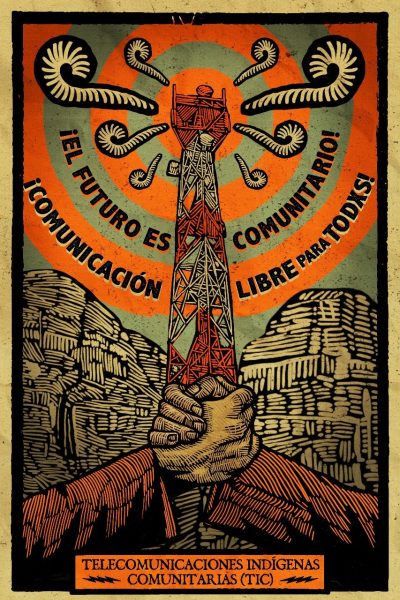
According to their Twitter bio, the UK's @iconews's mission is to "uphold[] information rights in the public interest, promotes openness by public bodies & data privacy for individuals."
1/
1/

Great values, but actions speak louder than words. ICO chief @ElizabethDenham has told Parliament that she can't divulge the status of her office's audit of Facebook's app, which was triggered by the Cambridge Analytica scandal.
techcrunch.com/2021/01/26/fac…
2/
techcrunch.com/2021/01/26/fac…
2/
She told @KevinBrennanMP that she couldn't discuss the audit in public because her office had entered into a confidentiality agreement with Facebook whose terms couldn't be known by the public.
3/
3/
The ICO settled with FB after the toxic social media giant got a tribunal to agree to consider "allegations of bias" within the regulator against the company (in other words, FB whinged that the referee didn't like it and the tribunal bought it).
4/
4/
FBI got off with a slap on the wrist: a £500k fine, no admission of wrongdoing, and, it seems, a gag order for a regulator whose mission features "openness."
5/
5/
The settlement was reached in 2018, but this is news today because FB and the ICO hid the gag order's existence until the issue came up in Parliament.
6/
6/
Commissioner Denham also disclosed that FB got to keep the ICO's internal files - interviews with whistleblowers and files seized from Cambridge Analytica - indefinitely, to help the company's own internal investigation into Cambridge Analytica.
7/
7/
While the ICO and Zuckerberg did not mention the gag order or the document handover in 2018, they did trumpet an "app audit" that was meant to root out other "sketchy apps" engaged in abuse similar to Cambridge Analytica's.
8/
8/
This audit has never reported in. Facebook won't tell us what became of it, and the ICO can't.
eof/
eof/
• • •
Missing some Tweet in this thread? You can try to
force a refresh






